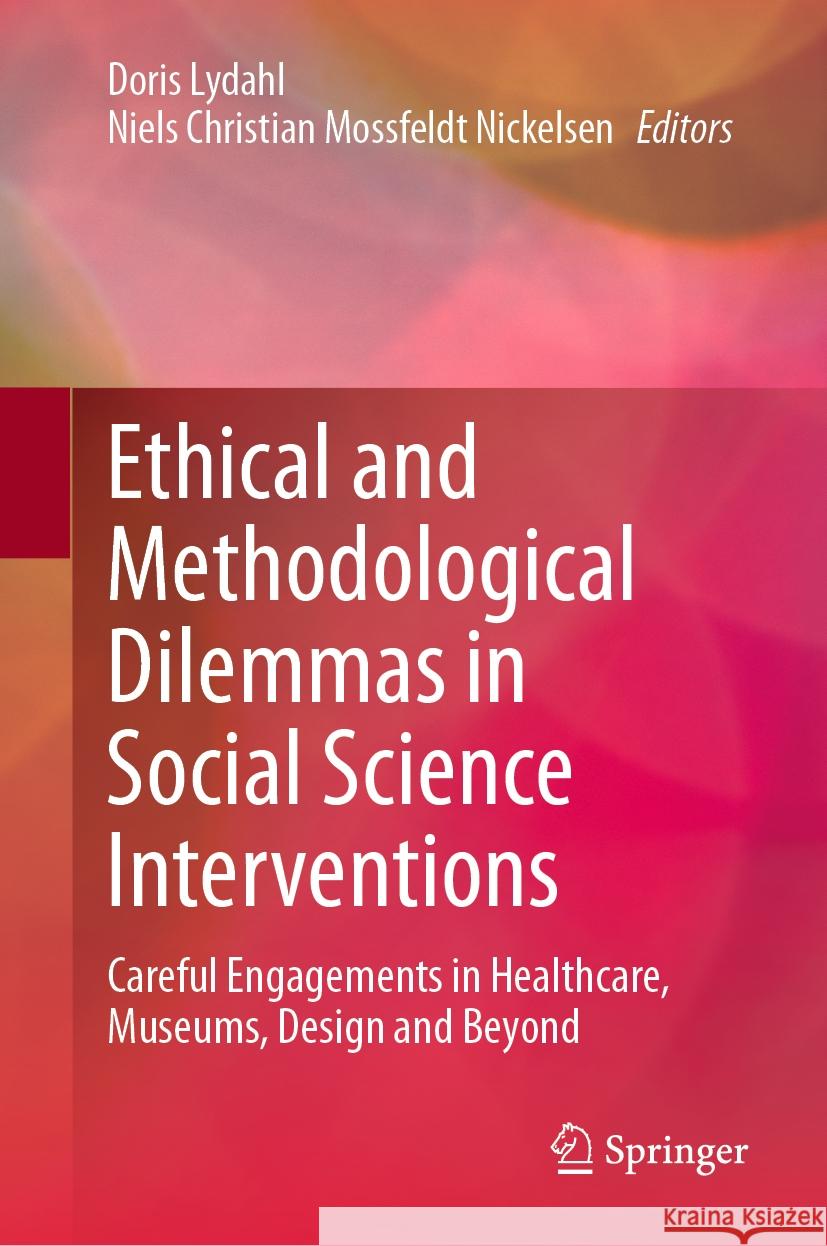Ethical and Methodological Dilemmas in Social Science Interventions: Careful Engagements in Healthcare, Museums, Design and Beyond » książka
topmenu
Ethical and Methodological Dilemmas in Social Science Interventions: Careful Engagements in Healthcare, Museums, Design and Beyond
ISBN-13: 9783031441189 / Angielski
Ethical and Methodological Dilemmas in Social Science Interventions: Careful Engagements in Healthcare, Museums, Design and Beyond
ISBN-13: 9783031441189 / Angielski
cena 504,67 zł
(netto: 480,64 VAT: 5%)
Najniższa cena z 30 dni: 501,19 zł
(netto: 480,64 VAT: 5%)
Najniższa cena z 30 dni: 501,19 zł
Termin realizacji zamówienia:
ok. 20 dni roboczych.
ok. 20 dni roboczych.
Darmowa dostawa!
Kategorie:
Kategorie BISAC:
Wydawca:
Springer
Język:
Angielski
ISBN-13:
9783031441189











